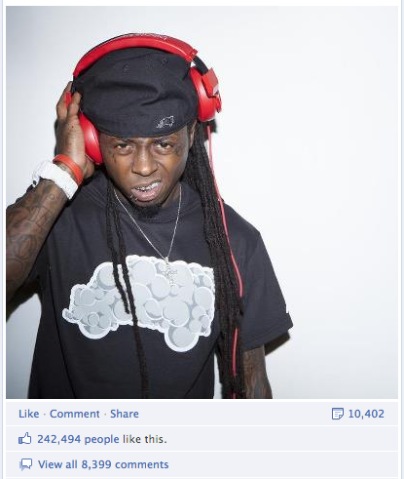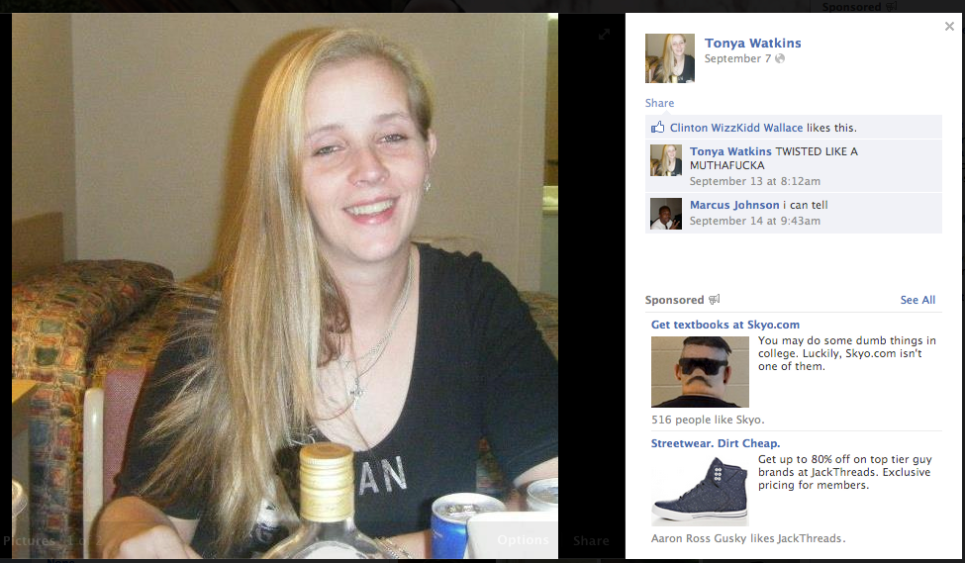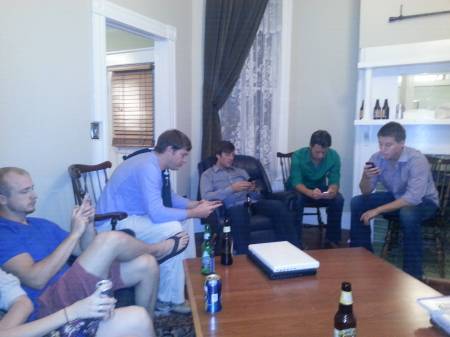Remember “Kony 2012”? With almost 100 million views on YouTube and 17 million views on Vimeo, I’d be shocked if you hadn’t heard the name yet. Polls suggest that more than half of young adult Americans heard about Kony 2012 within days following the video’s release. Facebook friends posted their outrage at Kony’s human rights atrocities, followed just as quickly by their outrage at Invisible Children’s irresponsible use of funds and the filmmaker’s mental breakdown. Even my parents were asking me to explain “Kony 2012” (is he running against Obama?). Despite the negative attention and criticism, the video resulted in a resolution by the United States Senate and contributed to the decision to send troops by the African Union. Who knows how many lives that song may have changed.
From #Kony2012 to the Chick-fil-a gay marriage debate, social media is instant, far-reaching, and viral – the perfect conduit for opposing and supporting views to be heard across the globe. And on the information superhighway, information that was once readily available only to a few is now available for all to access. But rather than news articles, encyclopedias or otherwise “scholarly” sources, the main impetus of the spread of information has been social media.
In the field of environmental justice, let’s look at how one social media campaign built a global climate movement.
“It’s a quiet revolution begun by ordinary people with the stuff of our daily lives.”
― 350.org founder Bill McKibben
For those who have not heard of 350, it’s “an international campaign dedicated to the climate solutions that science and justice demand” by reducing the amount of CO2 present in the atmosphere. According to leading scientists, we can safely live under up to 350 ppm of CO2 but currently have 392 ppm. We can still do something to reverse climate change, but we simply must alter our course while we can. 350 is a prime example of effective and bold social media: the spread of research that was once reserved for scientists, made commonplace and easy for everyone to understand.
350.org was founded in 2008 by U.S. environmental activist and author Bill McKibben, who wrote The End of Nature, one of the first books on global warming for the general public. Like An Inconvenient Truth and Silent Spring, McKibben’s book and career focus on ways to bring the issue of EJ into the global spotlight.
There are several aspects of the 350 campaign that showcase the organization’s unique combination of roles: educator, advocator, lobbyist. First, social media played a key role in mobilizing concerned citizens to speak out against carbon emissions. For example, throughout the “Step it Up” campaign directly preceding the founding of 350, citizens held a banner with the message: “Step It Up, Congress: Cut Carbon 80% by 2050!” The people spoke out in large numbers and saw results. Within a week, presidential candidates John Edwards, Hillary Clinton, and Barack Obama signed on to the 80% by 2050 target. Similarly, 350.org planned an International Day of Climate Action on Oct 4 and united over 5,200 separate in more than 180 countries, something that CNN later called “the most widespread day of political action in the planet’s history.”
Secondly, Tweets, Facebook and blogging helped 350.org stay connected with supporters; whether the 350 tweeter was in Copenhagen for an environmental summit, on Capitol Hill passing environmental legislation, or anywhere across the country on Climate Action Day, people could connect with 350 as easily as watching a YouTube video or reading from the blog.
Lastly, the use of social media allowed different people in the 350 campaign to connect with one another, encourage and learn from the efforts of others working towards the same goal.
Here you can watch a video of 350 explained without words, which is fitting for the new global face of climate change:
http://www.youtube.com/watch?v=s5kg1oOq9tY&feature=player_embedded
As 350 showed us, social media, citizen journalism, blogs and twitter have the power to spark revolutions. On blogs, the information is oftentimes more digestible and available than a newspaper, while the ease and convenience with which you can reach hundreds or thousands of people with the click of one button and spread ideas is unmatched in history.
Read more: http://www.350.org/media/about350
Explain climate change like I’m 5: http://www.350.org/en/understanding-350#1
2011 stories and pictures: https://act.350.org/donate/2011_2
















